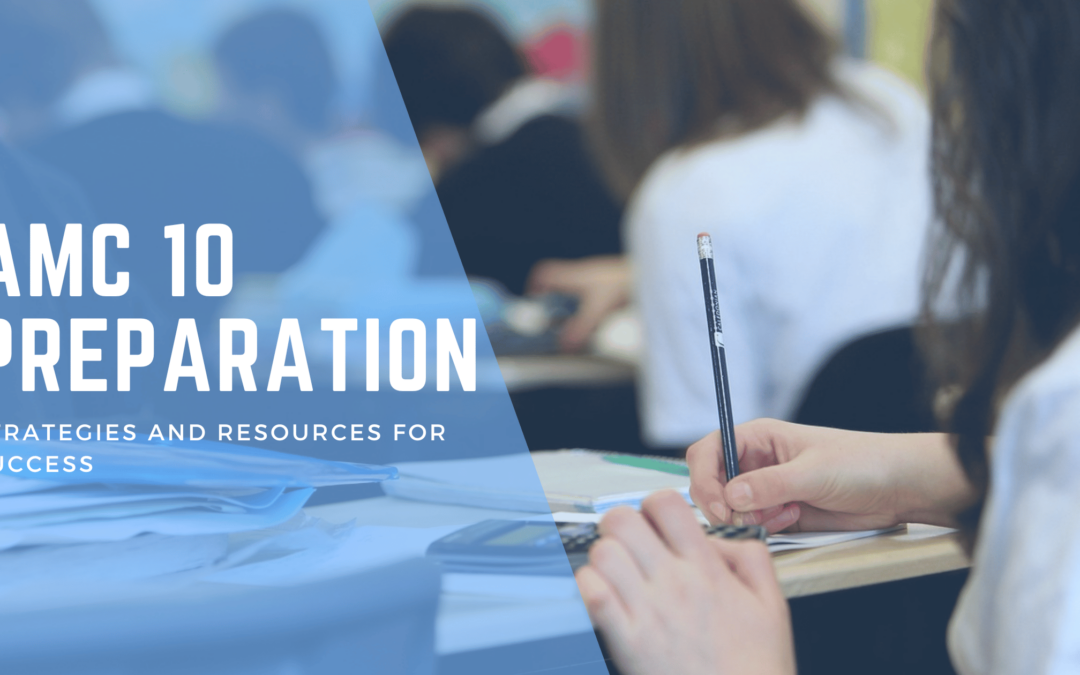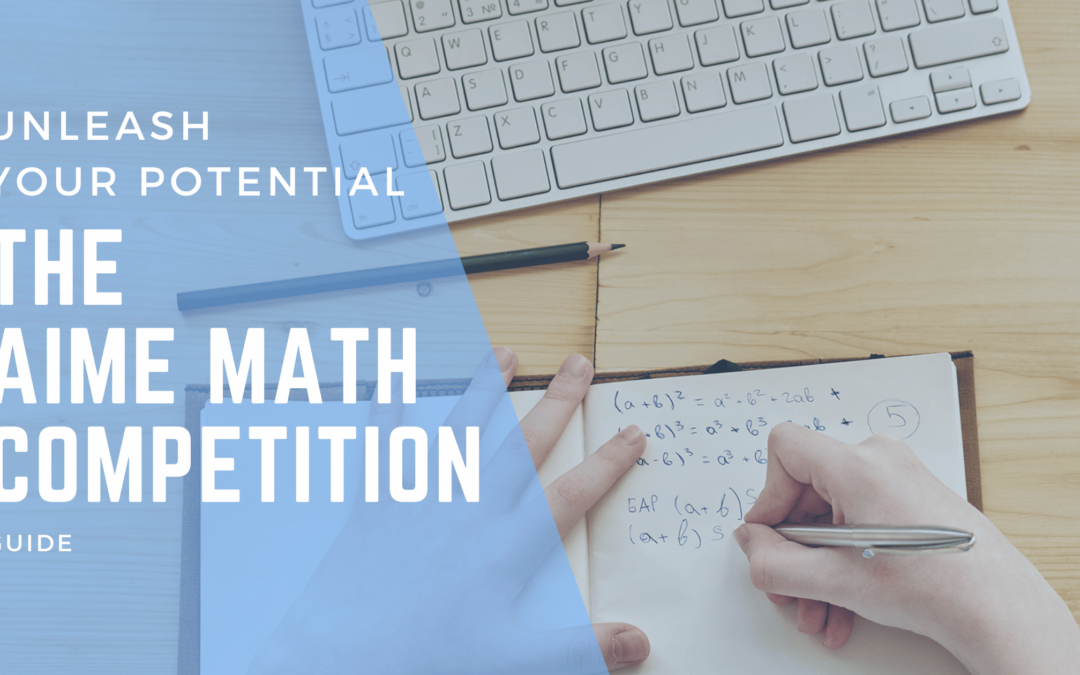The GRE Math Subject Test looms large for aspiring mathematicians and science professionals. Fear not, fellow math warriors! This guide, powered by expert tutoring insights, will equip you with the knowledge and strategies to slay the test and unleash your inner math...






